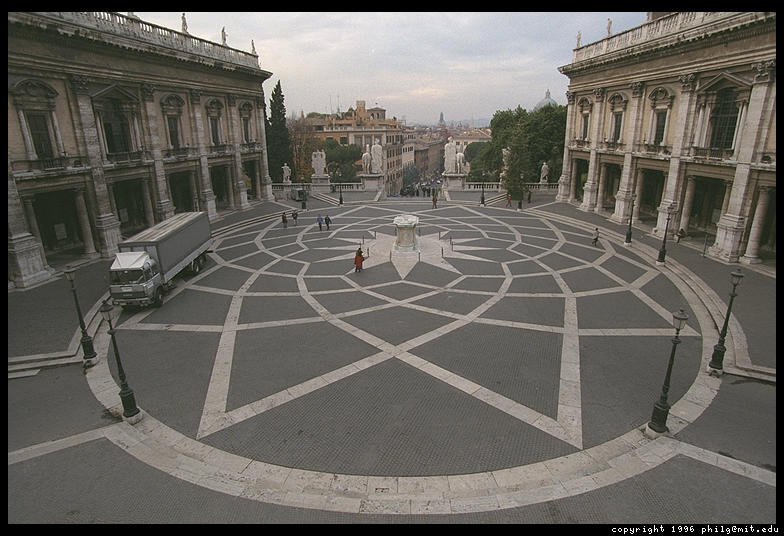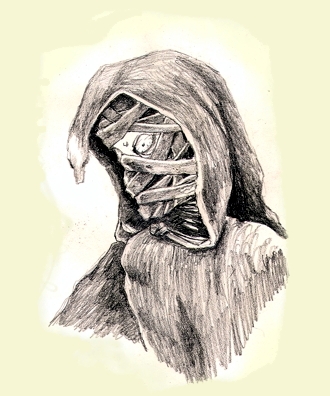.jpg)
The Iroquois Creation Story deals with beginnings of the world. Full of imagery and nature and animals.
The story starts with a women being pregnant with twins and resting. While sleeping she starts to fall into the world of darkness but lands safely on the back of a turtle. This woman is pregnant with twins, the evil of the two bursts through her side instead of being born normally. The twins both live without the mother. the good twin wants to bring light and the evil twin wants the land to stay the way it is. The good twin uses the mothers head for the sun. After some time the two twins fight, each one reveling what will kill them: "Which [the good twin] falsely mentions that by whipping with flags would destroy his temporal life... [the evil twin] relates by the use of deer horns, beating his body he would expire (20-21).". They fight and the good twin wins and the evil twin becomes the Evil Spirit.
This story is interesting because of how late it was recorded. In oral traditions a story changes along with it's narrators. In this case I'll point out that the good twin lies and says that flags will kill him. What is the subtext in post Columbus America? That the good will win but with lies about their weakness, so in order to win one must not be honest about their weaknesses. The part about flags killing a person is directly related to the influence of European cultures on the Native Americans.

<---Good
<---Evil
























